#Thurgood Marshall
Explore tagged Tumblr posts
Text

#blacktumblr#black history#black liberation#african history#nodeinoblackbusiness#buy black#thurgood marshall
82 notes
·
View notes
Photo


On this day in 1908: Thurgood Marshall, the first Black Supreme Court Justice of the United States, was born in Baltimore, Maryland.
As the NAACP’s chief counsel from 1938 to 1961, Marshall challenged racial segregation in more than a dozen cases before the Court. He won nearly all of these cases, including a critical victory in Brown v. Board of Education.
Celebrating Justice Marshall’s life and legacy today!
#on this day#Thurgood Marshall#scotus#supreme court#history#brown v. board of education#naacp#birthday
105 notes
·
View notes
Text
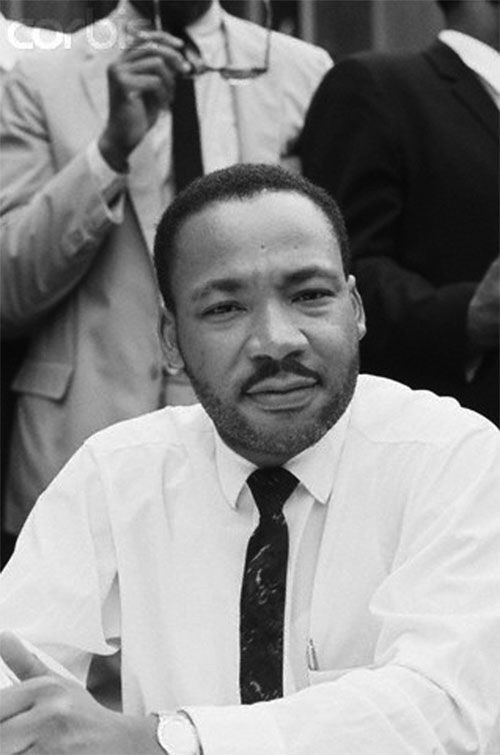
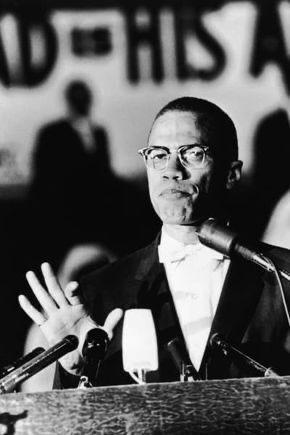
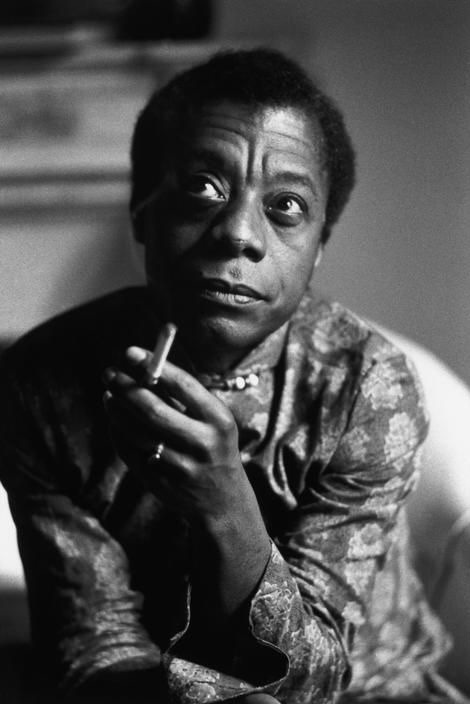



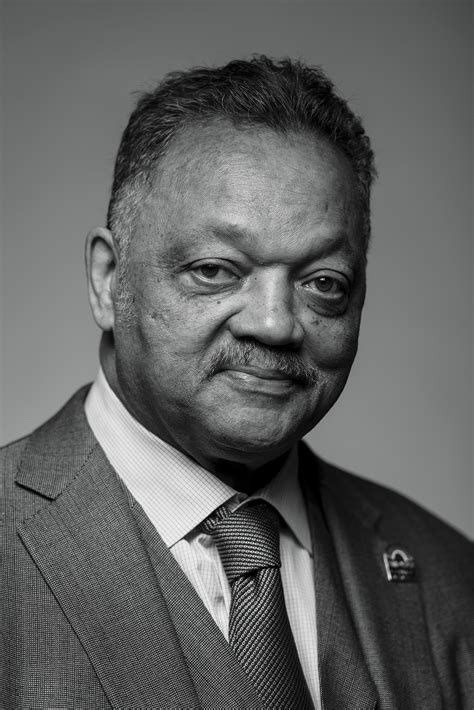

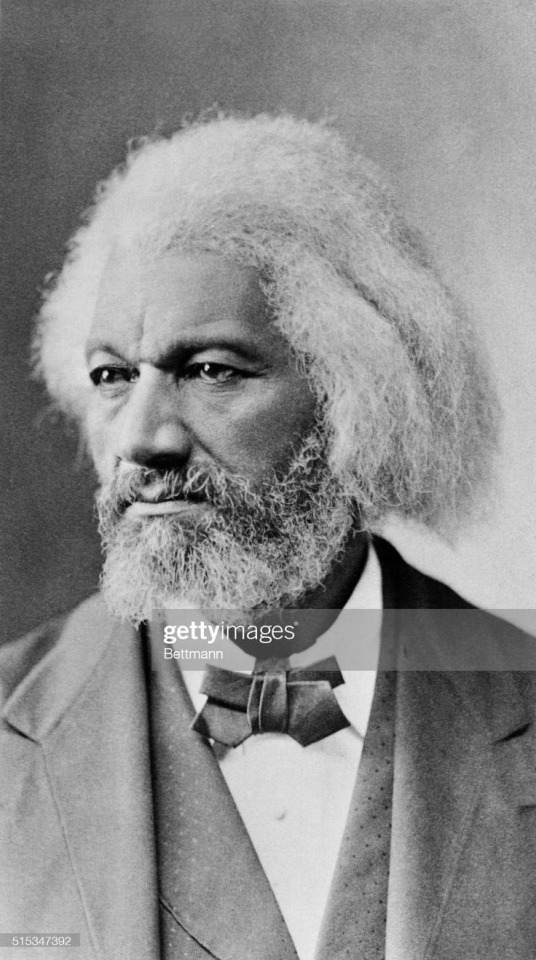
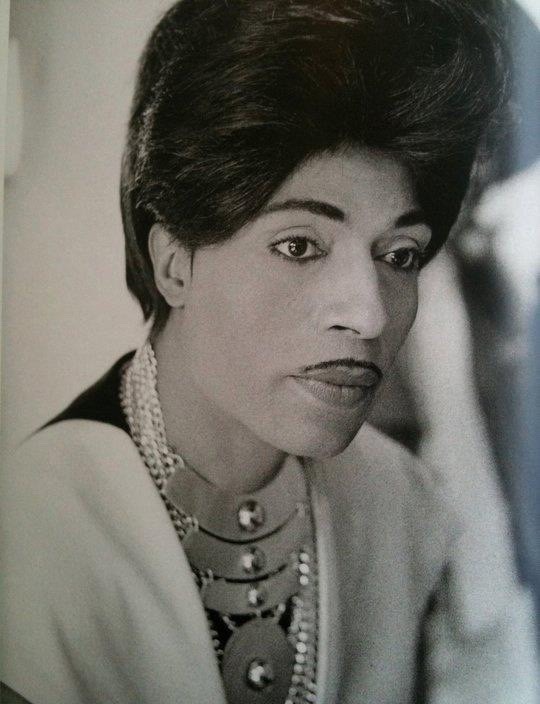
Happy Black History 🫶🏽
Couldn't forget our Beautiful Black Men
Their Names are presented below, In chronological order from top to bottom.
Martin Luther King ( Minister & Activist)
Malcolm X ( Minister & Activist)
James Baldwin ( Writer & Activist)
Langston Hughes ( Poet & Activist)
Thurgood Marshall ( Lawyer & Jurist)
Jackie Robinson ( Baseball player)
Jessie Jackson ( Minister & Activist)
W.E.B Dubois ( Activist, Author, & Historian)
Frederick Douglas (Writer)
Little Richard ( Singer & Pianist)
#black girls of tumblr#black girl blogger#pinterest#black boy aesthetic#black history month#james baldwin#martin luther king jr#malcolm x#langston hughes#thurgood marshall#jessie jackson#web du bois#jackie robinson#black history#loveing black men#black men magic#black men rule
159 notes
·
View notes
Text
So, I love Matt Murdock because he also rereads his comfort books (texts) when he is distressed
#daredevil#s1 daredevil#thurgood marshall#matt murdock#we must dissent from the indifference#yes i see the irony that his comfort reads are important and mine are mostly escapism
22 notes
·
View notes
Text
"Where you see wrong or inequality or injustice, speak out, because this is your country. This is your democracy. Make it. Protect it. Pass it on."
- Thurgood Marshall, #SCOTUS justice #botd in 1908

50 notes
·
View notes
Text



#thurgood marshall#black history#black history is american history#black excellence#black community#black tumblr#civil rights#civil rights movement#black literature#clarence thomas#black lives matter#equal#equal rights#education#black history 365
150 notes
·
View notes
Text
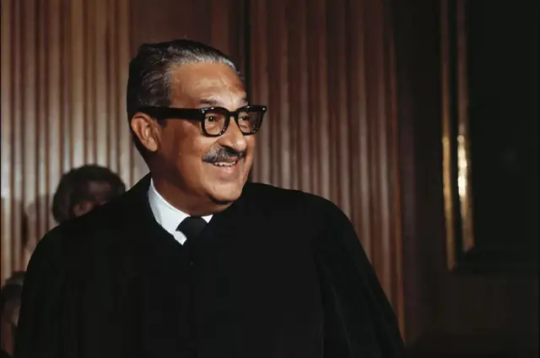
Thurgood Marshall, the first African-American Supreme Court Justice (1967)
42 notes
·
View notes
Text
youtube
Did You Know? | 3 Black Historical Figures
#BlackHistoryMonth #CarterGWoodson
#ThurgoodMarshall #USSupremeCourt
#JohnMercerLangston
#youtube#history#photography#photos#historical photos#black history#black men#black culture#black tumblr#black americans#african american history#african american influence#didyouknow#John Mercer Langston#thurgood marshall#Carter G Woodson#black lives matter#black history month
12 notes
·
View notes
Text
Is Klaus' legal logic of The Bad Beginning sensible?
* Joint Theory: @unfortunatetheorist with @snicketstrange *
Klaus's speech to the audience during the events of The Bad Beginning had a carefully thought-out structure, anchored in deeply rooted legal, but more so ethical, principles. In defence of his sister, who was forced into a marriage, Klaus appears to have adopted a multifaceted approach to challenge the marriage's validity.
Firstly, John Locke.
John Locke was one of the first people to suggest that humans have natural rights. He also wrote a book about this called the 'Two Treatises of Government'.
Klaus likely invoked John Locke's arguments on natural rights to contend that the marriage was not consensual and, therefore, violated his sister's fundamental rights to life and liberty. The idea that the bride must sign "with her own hand" is interpreted here not literally, but as an indicator of action "of her own free will," supported by Locke's principles.
Secondly, Thurgood Marshall.
Thurgood Marshall was the first black Supreme Court Justice of the USA, who fought for the rights of black citizens against Jim Crow's extremely racist ideologies.
His defence of the 14th Amendment may have been used by Klaus to argue that, in cases of ambiguity or doubt, the judge's decision should lean towards protecting the more vulnerable party. This point strengthens the point that, if there is doubt about the how valid Violet's consent is, the legal and ethical obligation is to invalidate the marriage. The 14th Amendment to the United States Constitution is crucial for establishing constitutional rights and consists of various clauses. The most relevant for Klaus's case is probably the Equal Protection Clause, which states that no state may "deny to any person within its jurisdiction the equal protection of the laws." Klaus may have leaned especially on this clause to argue that, in situations of uncertainty, i.e. his sister's forced marriage, the interpretation/application of the law should be done in a manner that protects (in this case) Violet. This would align with the principles of the 14th Amendment, using it for equal protection under the law to invalidate the marriage and protect his sister's rights.
Third, Ida B. Wells.
Ida B. Wells was, similar to Thurgood Marshall, an early civil rights campaigner, who campaigned for anti-lynching (a word which here means, opposing the brutally violent act known as lynching).
Klaus likely drew inspiration from Ida B. Wells to assert that everyone has the right to be heard and protected by authorities, regardless of their age or origin. This argument would serve to legitimize his own standing as his sister's defender in court, neutralizing any potential prejudice against him for being a child or, perhaps, belonging to a minority (he and his sisters are Jewish).
Moreover, the presence of a judge at the ceremony should not be viewed as merely a formality, but a control mechanism to ensure mutual consent, something that resonates strongly with Locke and Marshall's ideals about the role of government and law. Thus, if either of the spouses gave any evidence to the judge that the marriage was conducted under duress, the judge would be obligated to invalidate the marriage. Violet's chosen signal was to sign the document with her left hand instead of her right hand. As the judge explained, the marriage could be invalidated due to this discreet yet appropriate signal.
Lastly, the word "apocryphal" that Lemony uses to describe Klaus's argument suggests a non-conventional but insightful interpretation of the law, something that seems to echo Marshall's "doubtful insights" and Wells' "moral conviction." Instead of resorting to literalism ('literally' - with her own hand, i.e. Violet's dominant hand), Klaus's argument was much deeper and grounded, touching on the very essence of what legislation and the role of judges are. That's why Justice Strauss was so fascinated by the young boy's speech.
In summary, the historical references evidence that Klaus wove these diverse elements into a cohesive and compelling argument, utilising the legacy of these thinkers to question and, ideally, invalidate his sister Violet's forced marriage.
¬ Th3r3534rch1ngr4ph & @snicketstrange,
Unfortunate Theorists/Snicketologists
#asoue#asoue netflix#theory#vfd#a series of unfortunate events#lemony snicket#snicketverse#count olaf#thurgood marshall#ida b wells#john locke#legally snicket#Very Fatiguing Definition(s)#'My brother's defining words again' ¬ Kit Snicket
93 notes
·
View notes
Text

Shadows in Paris. ( Minimal photos)
* * * *
“I wish I could say that racism and prejudice were only distant memories. We must dissent from the indifference. We must dissent from the apathy. We must dissent from the fear, the hatred and the mistrust…We must dissent because America can do better, because America has no choice but to do better.” ― Thurgood Marshall
11 notes
·
View notes
Text

THURGOOD MARSHALL Spoke These Words Upon His Retirement :
"Yes they will replace me with someone Black. Only He won't be Black."
89 notes
·
View notes
Text

Thurgood Marshall was the first African-American Justice of the Supreme Court of the United States. He also played a key role in ending racial segregation in schools and advancing civil rights in the United States.
Born Thoroughgood Marshall on July 2, 1908, in Baltimore, Maryland, and died on January 24, 1993, in Bethesda, Maryland, at the age of 84.
#thurgood marshall#love#lawyer#civil rights#african american#supreme court justice#black lives#segregation
4 notes
·
View notes
Text

Cottagecore Kamala Harris moodboard! The apples and bacon is actually a dish her mom taught her! And she actually played the French Horn. The rest of the themes should be obvious. :)
#kamala harris#us politics#moodboard#cottagecore#cottage#cottage aesthetic#vote kamala#apples and bacon#feminism#gender equality#lgbtq#transgender#vote blue#lgbtqia#civil rights#black lives matter#thurgood marshall#coconut tree#pearls#cozy cottage#cottage kitchen#american flag#lotus
7 notes
·
View notes
Text
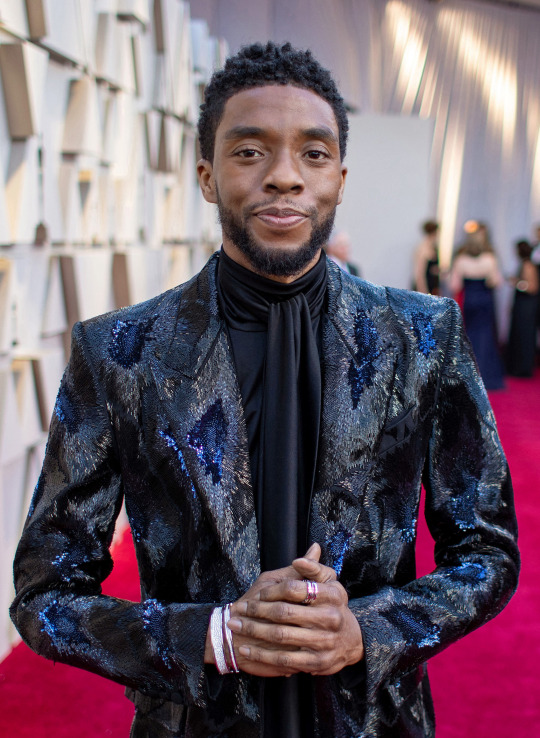
RIP Chadwick Boseman
Amazon Prime Videos: Actor Chadwick Boseman
Chadwick Boseman: The King (2022)
James Brown: Get On Up (2014)
Thurgood Marshall (2017)
Black Panther: King T’Challa (2018)
Black Panther: Wakanda Forever (2022)
#chadwick boseman#black hollywood#black celebrity#black archives#african american#black men fashion#black panther#james brown#black history#thurgood marshall#king tchalla#wakanda forever#black tumblr#blackisbeautiful
98 notes
·
View notes
Text
"The measure of a country's greatness is its ability to retain compassion in times of crisis."
~ Thurgood Marshall, US Supreme Court Justice, sworn in #OnThisDay in 1967 becoming the first Black justice of the #SCOTUS

34 notes
·
View notes
